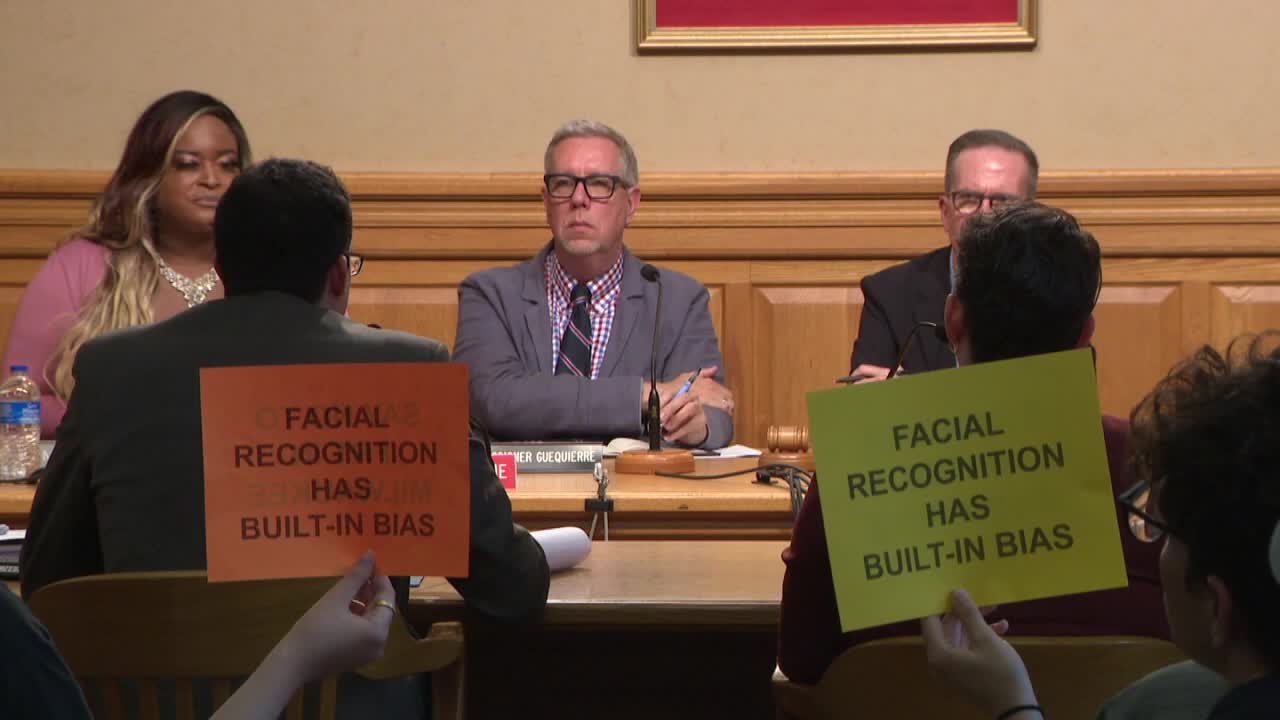Milwaukee Police Facial Recognition Plan Sparks Debate: Privacy vs. Public Safety?

Milwaukee Police Department's Facial Recognition Proposal Raises Community Concerns
The Milwaukee Police Department (MPD) is considering implementing facial recognition technology, a move that has ignited a heated debate within the community. While proponents argue the technology could be a powerful tool for crime prevention and solving investigations, critics raise serious concerns about privacy, potential for bias, and the erosion of civil liberties. This article explores the proposed plan, the arguments for and against it, and the community’s response.
What is the MPD's Proposal?
The MPD's proposal involves utilizing facial recognition software to scan public spaces, analyze surveillance footage, and potentially identify individuals of interest. The department claims this technology would assist in locating missing persons, identifying suspects in crimes, and deterring criminal activity. The proposed system would reportedly leverage existing camera infrastructure and potentially integrate with future deployments.
The Case for Facial Recognition: Enhanced Safety and Efficiency
Supporters of the MPD's plan emphasize the potential benefits for public safety. They argue that facial recognition can significantly speed up investigations, allowing law enforcement to quickly identify and apprehend suspects. In cases of missing persons, particularly vulnerable individuals like children or those with cognitive impairments, facial recognition could prove invaluable. Furthermore, the technology could act as a deterrent, discouraging potential criminals from engaging in illegal activities knowing they could be easily identified.
Concerns About Privacy, Bias, and Misuse
However, the proposal has triggered widespread concern among civil liberties advocates and community members. Key concerns include:
- Privacy Violations: Critics argue that constant surveillance and facial recognition create a chilling effect on freedom of expression and assembly. The ability of the government to track individuals' movements raises serious privacy concerns.
- Algorithmic Bias: Facial recognition technology has been shown to exhibit biases, particularly against people of color. This could lead to disproportionate targeting and wrongful accusations, exacerbating existing inequalities in the criminal justice system.
- Potential for Misuse: There are fears that the technology could be misused for political surveillance or to target individuals based on their beliefs or affiliations.
- Accuracy and Reliability: Concerns exist regarding the accuracy of facial recognition technology, particularly in challenging conditions like low light or with obscured faces. False positives could lead to wrongful arrests and accusations.
Community Response and Calls for Transparency
The community response has been largely negative, with numerous organizations and individuals voicing their opposition to the MPD's plan. Protests and public forums have been held to raise awareness and demand greater transparency. Many are calling for a comprehensive review of the proposal, including an independent assessment of its potential impact on privacy and civil rights. They advocate for strict regulations and oversight mechanisms to prevent misuse and ensure accountability.
Moving Forward: Balancing Security and Civil Liberties
The debate over facial recognition technology in Milwaukee highlights a broader national conversation about balancing public safety with the protection of civil liberties. The MPD faces a challenge in demonstrating that its proposed system can be implemented responsibly and ethically, addressing community concerns and mitigating potential risks. A transparent and inclusive process, involving input from community stakeholders, is crucial to ensuring that any deployment of facial recognition technology aligns with the values of fairness, accountability, and respect for individual rights. The future of this technology in Milwaukee hinges on finding a solution that protects both the community and its fundamental freedoms.





